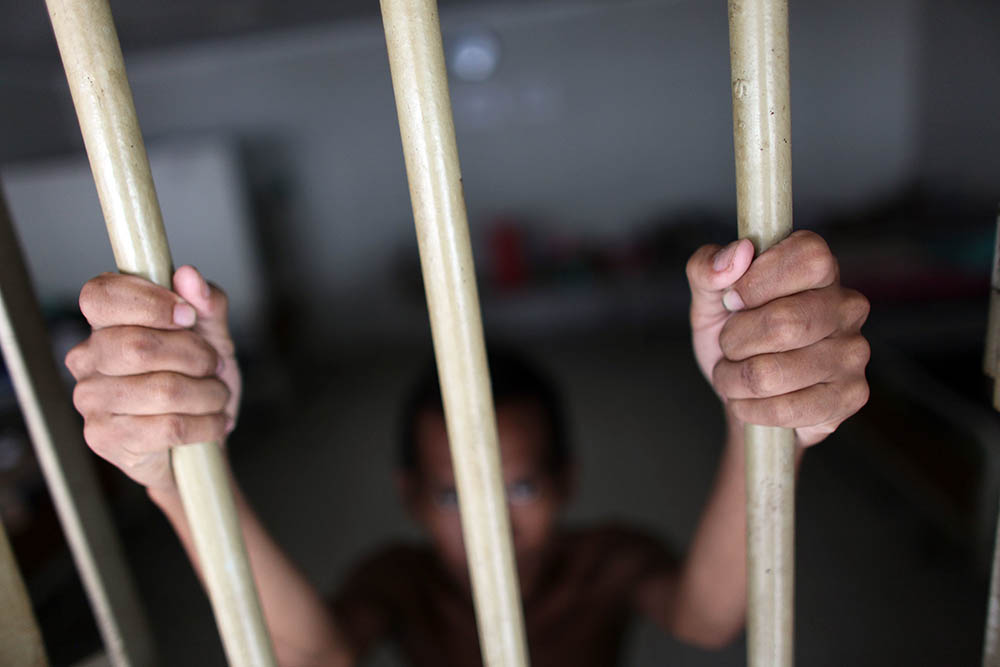Indonesia is one of the most strongly committed countries to the Sustainable Development Goals (SDGs). But what does that mean on the streets – or on the country’s death row?
There are 17 SDGs in total and they are part of the 2030 Agenda for Sustainable Development; a framework that all countries accepted in 2015 to ensure no one is ‘left behind’.
All countries agreed to achieve the goals by 2030. Indonesia is among those taking the lead. It wants to be the “foremost pioneer and role model” of the SDGs. This commitment has been led by President Joko Widodo since 2015.
The catch is that Indonesia also has one of the world’s most punitive drug control regimes.
All 18 people executed in Indonesia in 2015-16 were convicted of drug offences.
The catch is that Indonesia also has one of the world’s most punitive drug control regimes. It is the reason behind the country’s massive prison population and the majority of death sentences.
All 18 people executed in Indonesia in 2015-16 were convicted of drug offences. Among those, 15 were foreign nationals – and 11 were allegedly couriers. That means 83% of those executed in that period were foreign nationals. Yet, foreign nationals are suspects in only 0.4% of drug-related police investigations each year.

Trafficking 5 grams or more of certain drugs can result in a death sentence. Alleged drug offenders have been targeted for executions and extrajudicial killings since Indonesia accepted the SDGs.
The number of people in prisons for drug-related offences increased from around 7,000 in 2002 to more than 130,000 in 2019. This has meant a sharp deterioration in prison conditions.
It has become a national crisis.
The regime intended to curb drug use and supply has:
- Caused poverty and perpetuated harm to Indonesia’s poorest populations;
- Fuelled discrimination, stigma and inequality – and compounded those and other harms for women;
- Resulted in systemic barriers to development and to social, economic and political inclusion;
- Harmed the country’s most marginalised people, who suffer from state violence and the deterioration in the rule of law;
- Led to a prison overcrowding crisis with limited health services in prisons;
- Driven up rates of infectious blood-borne diseases through the denial of essential health services;
- Fuelled a concentrated HIV epidemic among people who inject drugs;
- Fuelled a wider health crisis in which people with drug dependence face stigma, criminalisation and barriers to accessing treatment;
- Undermined security and Indonesia’s relationships with other countries.
This is the context in which we published our latest report.
We argue that Indonesia’s drug control regime has been devastating for development and will make it impossible for the Southeast Asian nation to achieve the SDGs.
We launched Reorienting Drug Policy in Indonesia with our Indonesian partner LBH Masyarakat and the Swiss Federal Department of Foreign Affairs on June 26, 2020 – World Drug Day.